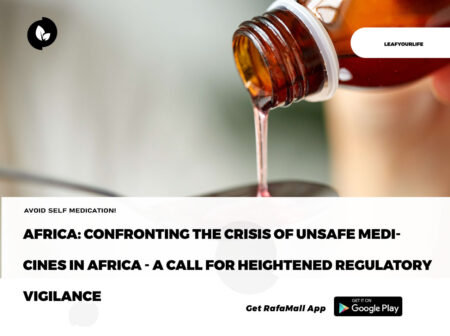
Bacteria are microorganisms which can only be seen with microscopes. In clinical settings, bacteria are isolated in the laboratories using culture media.
These microorganisms are ubiquitous and all over the world. Ghana is one of the areas where these microorganisms keep growing. New ones are being discovered every day, making it a hotspot for bacterial infection. These bacterial infections can be found in human blood, urine, stool, and other body fluids.
Bacterial infections kill many people all over the world and Ghana is no exception. Ghana is a great hotspot for bacterial infection, and these infections kill millions of people every year, both recorded and unrecorded cases.
The only way to identify them is by culturing on a media for growth and doing sensitivity testing to identify the type of bacterial infection it is. Then, the best antibiotics that it is sensitive should be administered to the patient.
The bacteria are many but the most common ones that cause most of the death in the country are Staphylococcus species, E. coli, Klebsiella species, Pseudomonas aeruginosa, and Streptococcus species. They are the common bacteria mostly isolated in Ghanaian laboratories that have a bacteriology department.
Now, the big problem is that antibiotics that were approved by WHO for treating these bacterial infections do not work on them anymore. These bacteria have developed resistance against the antibiotics that were being used for their treatment. Because of these, bacterial infection keeps on spreading each day and killing thousands of people every day.
Due to this problem, doctors should request sample culture and sensitivity testing rather than straight away giving a patient any antibiotics. The doctor has to request laboratory tests and sensitivity testing before administering a working antibiotic. Unfortunately, many doctors straightaway prescribe antibiotics to patients without laboratory and sensitivity tests.
This practice is happening in many health facilities across the country, both big and small. A lot of antibiotics are given to patients without knowing the specific bacterial infection it is. And these antibiotics do not work as they used to.
Also, many Ghanaian hospitals do not have a bacteriology laboratory for the isolation of this microorganism and the best antibiotics that the bacteria is sensitive to. Since bacteria are part of us now and treating them is not as simple as it used to be, all healthcare facilities should have bacteriology laboratories to help isolate the specific bacteria causing the infection and the best antibiotics that can kill or get rid of them from the body before random antibiotics are issued out.
This will help us know the best antibiotics and to develop new antibiotics for treating certain bacterial infections. Clinicians giving patients random antibiotics without having any clue which bacterial infection it is does more harm than good.
Ultimately, I call on the public to be as much careful as possible to avoid bacterial infection. We should try our best not to get infected because treating them these days is more difficult than it used to be. Let all help because these microorganisms are everywhere, and they keep on changing their ways day in and day out.











